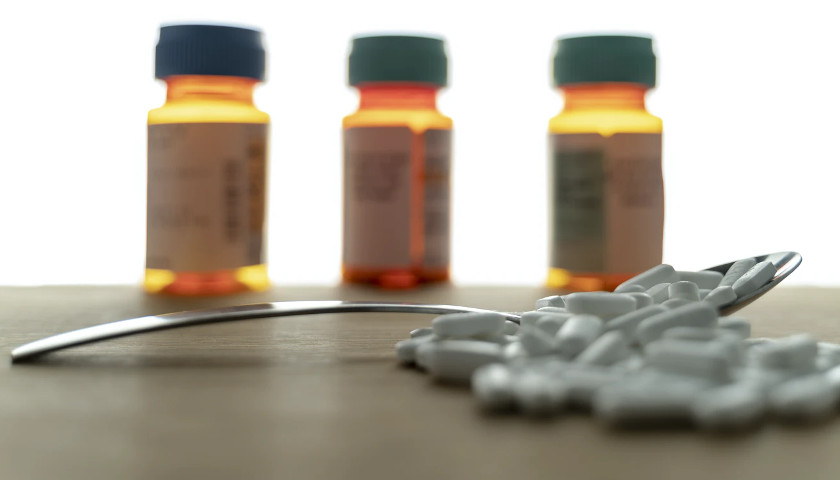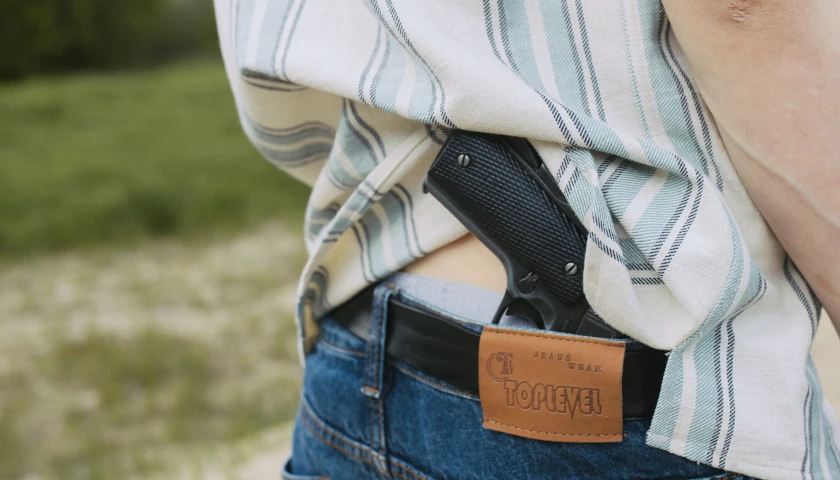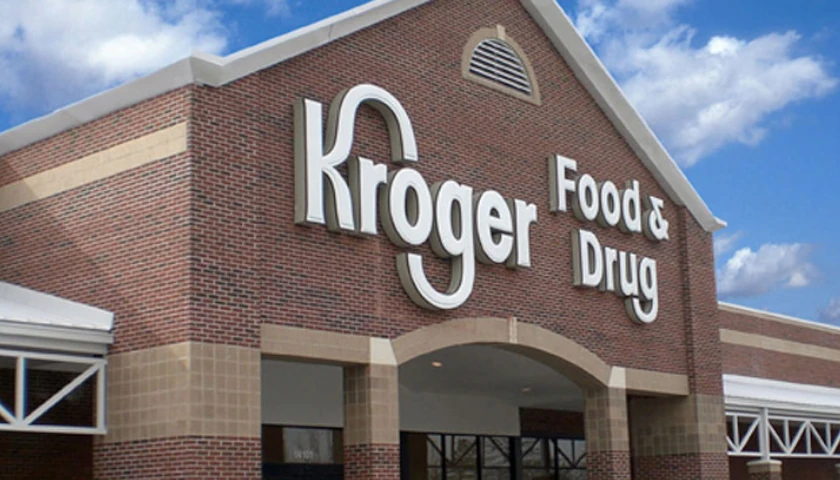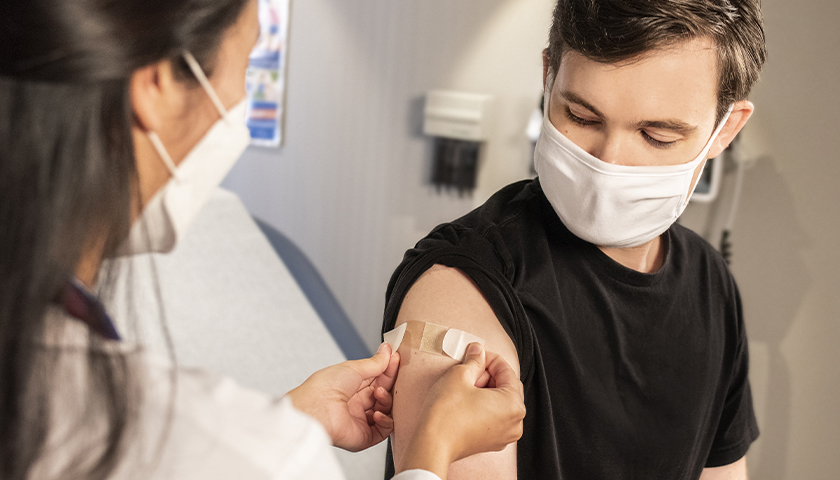by Bruce Walker
The Michigan Department of Health and Human Services is reporting significant increases in opioid overdoses during the COVID-19 pandemic.
MDHHS reported emergency medical services (EMS) in the state responded to a 33 percent increase in opioid overdoses from April to May of this year. The department adds that opioid overdoses increased by 26 percent from the prior year during the period between April and June.
MDHHS notes each Michigan region experienced an increase in overdoses and, as well, every demographic group experienced a rise in overdoses (except for residents aged 65 year and older).
Although MDHHS data reveal white residents experienced greater increases of overdoses during the April-June reporting period, it also noted the average monthly rate of EMS responses among black residents was 219.8 per 100,000 residents, as compared to 123.4 per 100,000 residents among white residents.
“Opioid overdoses kill far too many Michiganders, and it’s a double tragedy that the pandemic has exacerbated this crisis,” Dr. Joneigh S. Khaldun, chief deputy for health and chief medical executive, said in a statement released Wednesday. “If you or someone you love has an opioid use disorder, please take steps to prevent overdose deaths – like carrying naloxone and never using alone.”
Not every overdose results in a trip to the hospital emergency room, however. MDHHS reported a 14.3 percent increase in patients refusing transportation to the hospital in the period measured between April and June – almost double the number of refusals during the same time period in 2019.
Total emergency room visits during the April-June period this year dropped 38 percent from the same period in 2019, but increased 2 percent for opioid overdoses. The MDHHS states it’s too early to determine if the number of deaths due to opioid overdoses have increased or decreased.
MDHHS urges Michiganders to use the following treatment and safer drug use resources:
- Access resources to support the mental and physical health of those with substance use disorder during the COVID-19 pandemic.
- Contact your primary care provider before you run low on necessary medications.
- If you need access to a medical provider, contact your nearest Federally Qualified Health Center for support.
- Ensure naloxone is readily available. Naloxone for All and NEXT Distro will mail naloxone at no cost to anyone in Michigan. Individuals can request naloxone online. MDHHS has also created an online naloxone portal where community organizations can request free naloxone.
- Practice safer drug use (safety practices that prevent overdose deaths) and encourage others to do the same. More information is available in Safer Drug Use during the COVID-19 Outbreak.
- Never Use Alone is a service anyone can call while using drugs. The caller will be connected to a person who will seek emergency services for them if they drop off the line or don’t respond to a return call. Call 800-484-3731 or visit NeverUseAlone.com to learn more.
- Find an SSP near you that can provide sterile needles, naloxone and other life-saving resources.
– – –
Bruce Walker is a regional editor at The Center Square. He previously worked as editor at the Mackinac Center for Public Policy’s MichiganScience magazine and The Heartland Institute’s InfoTech & Telecom News.





